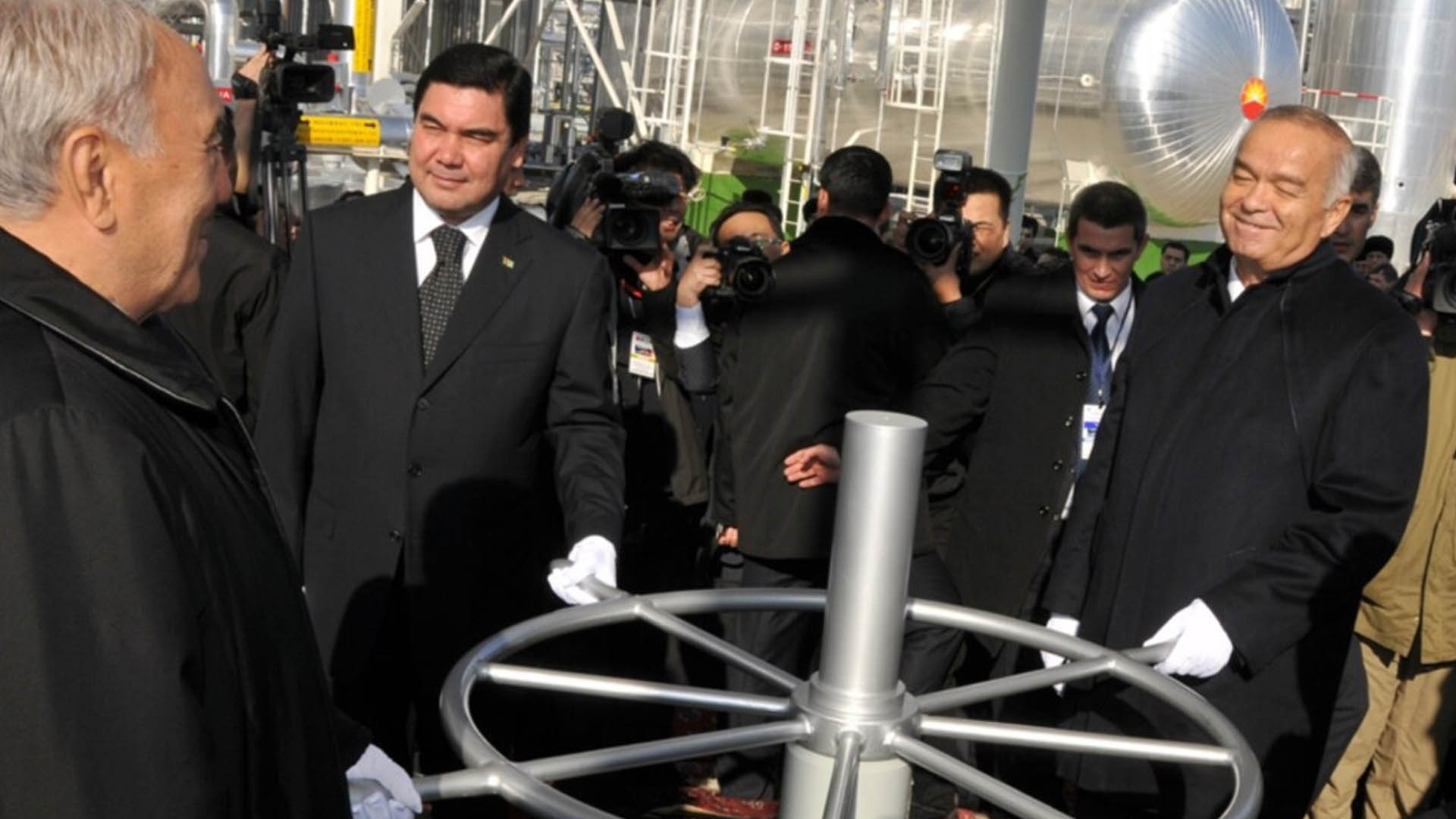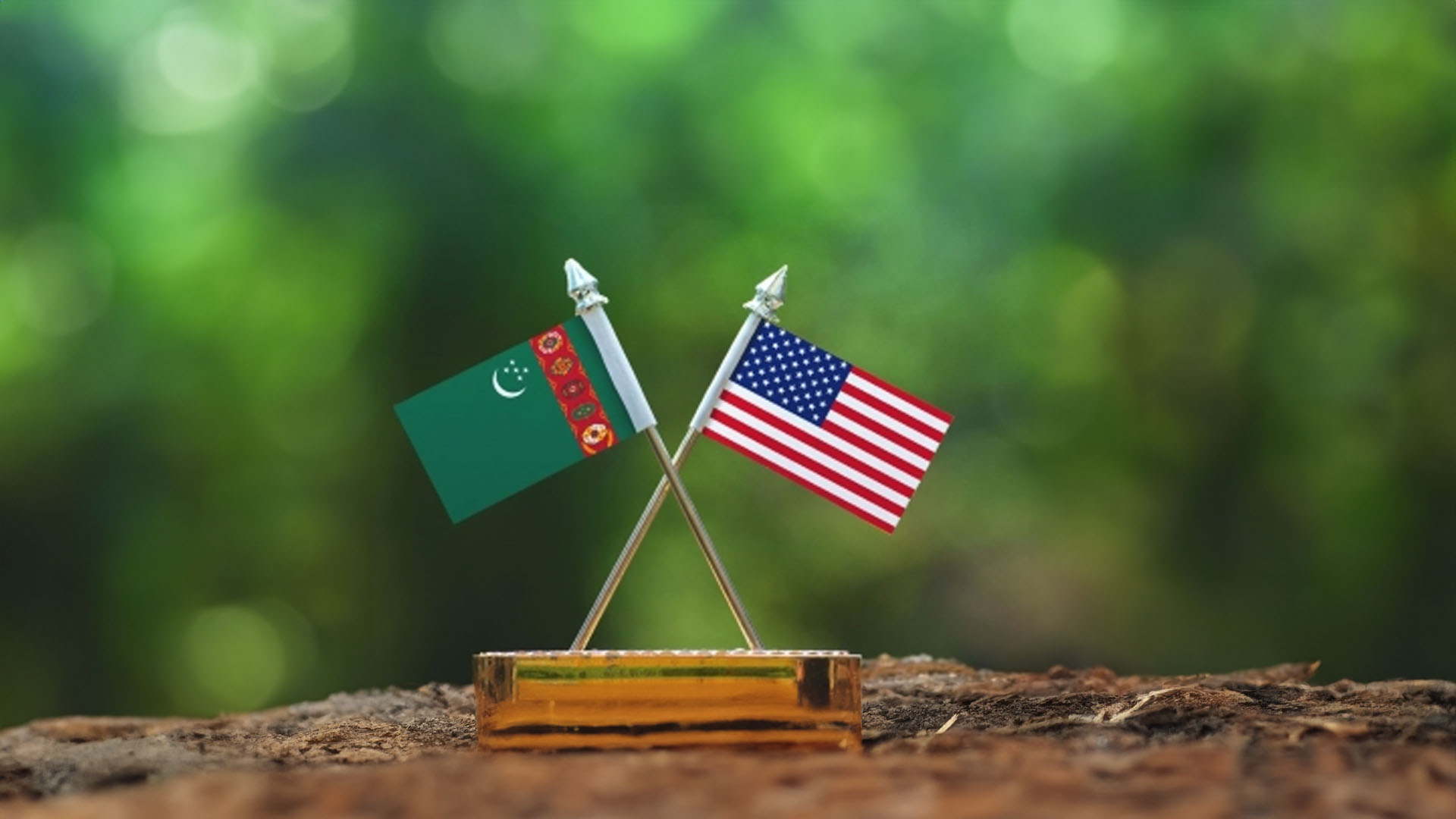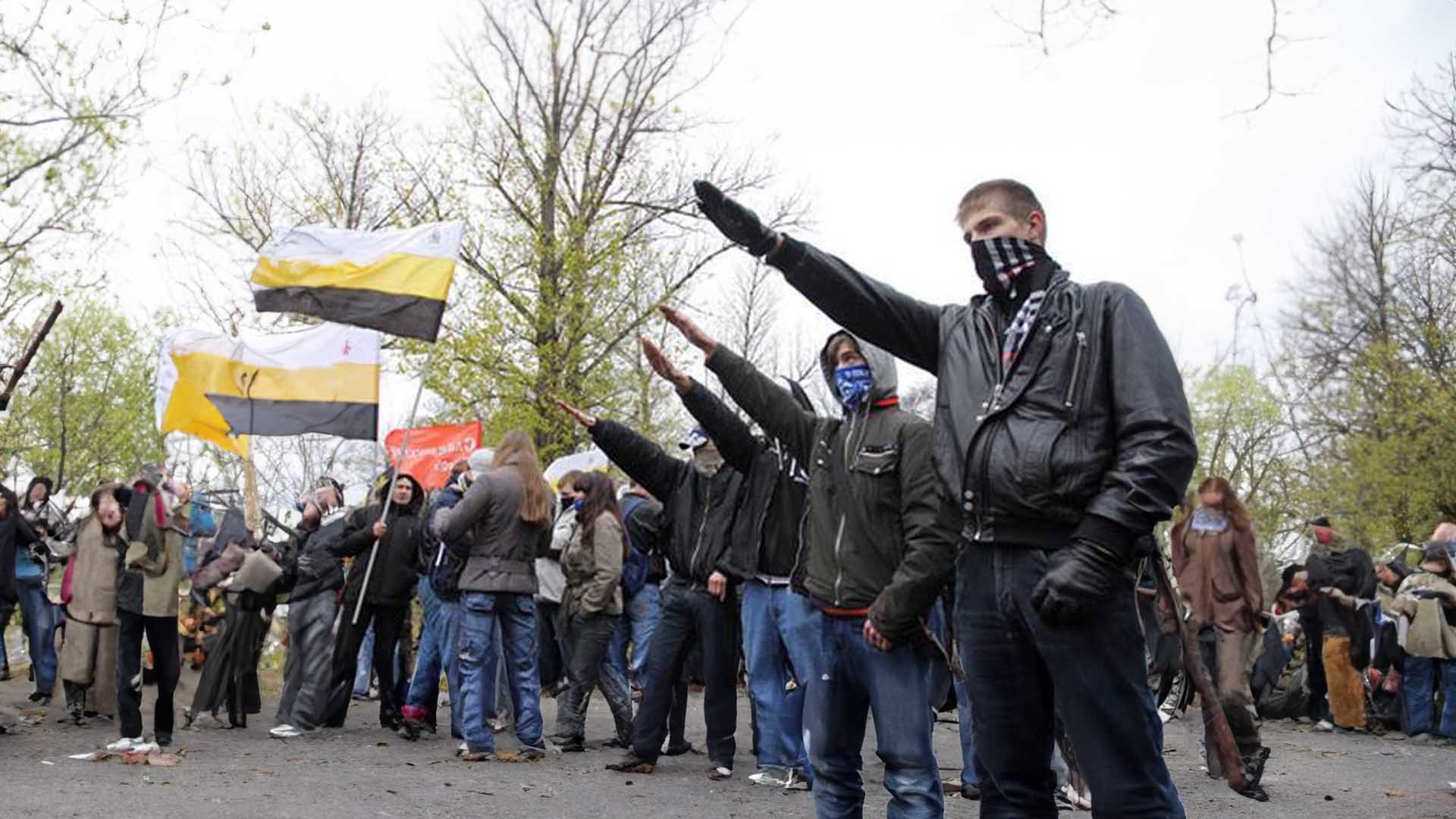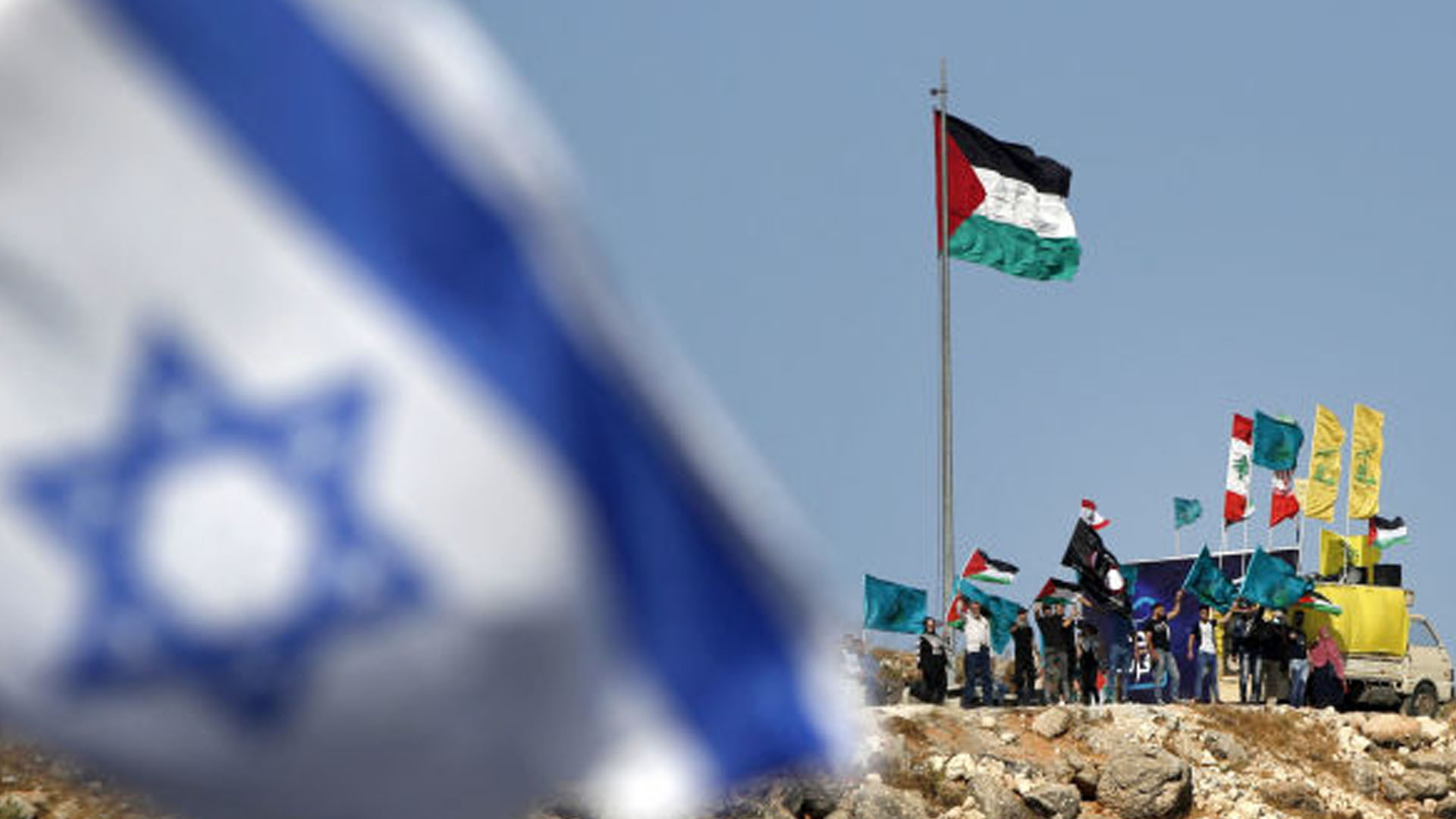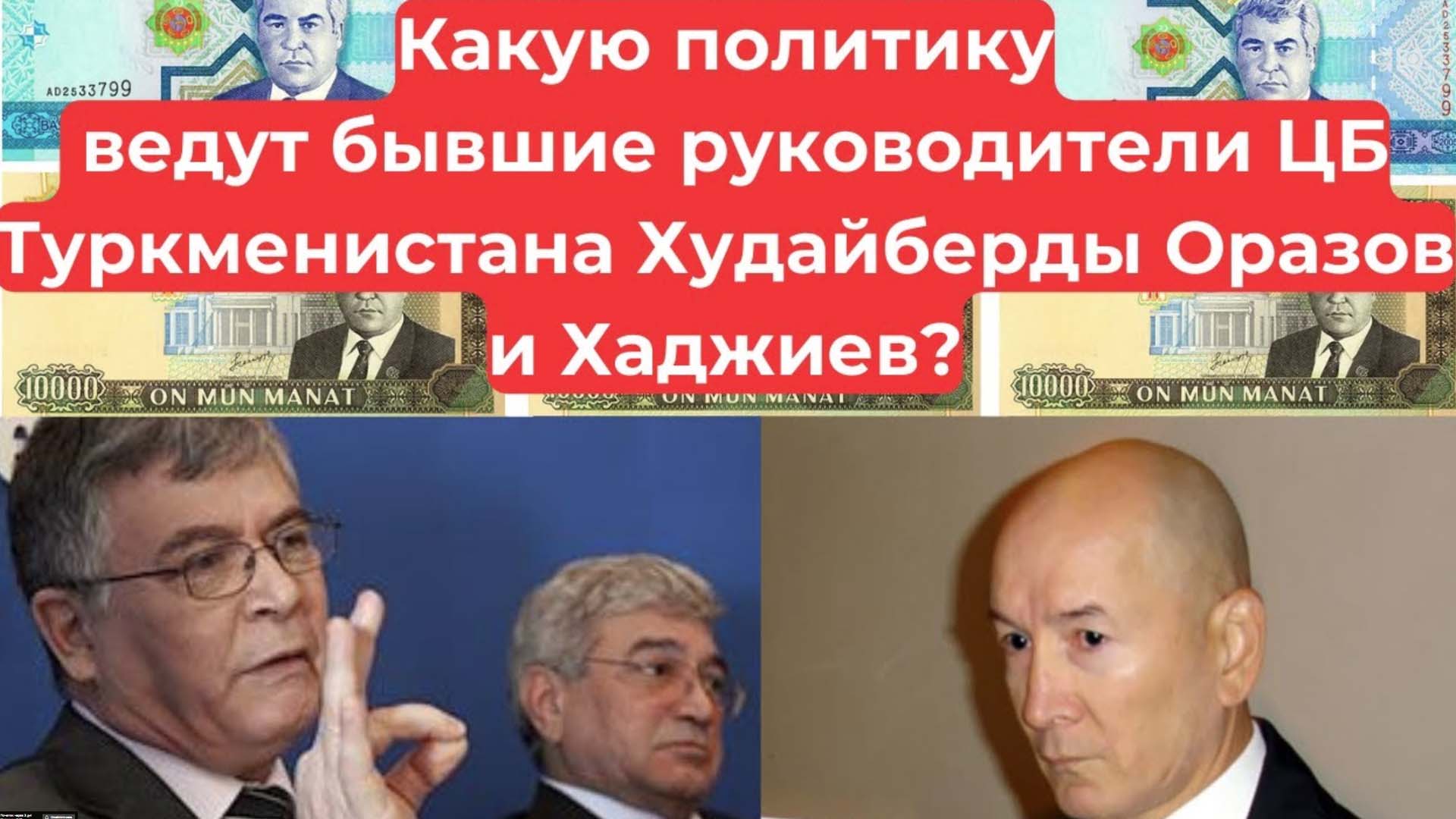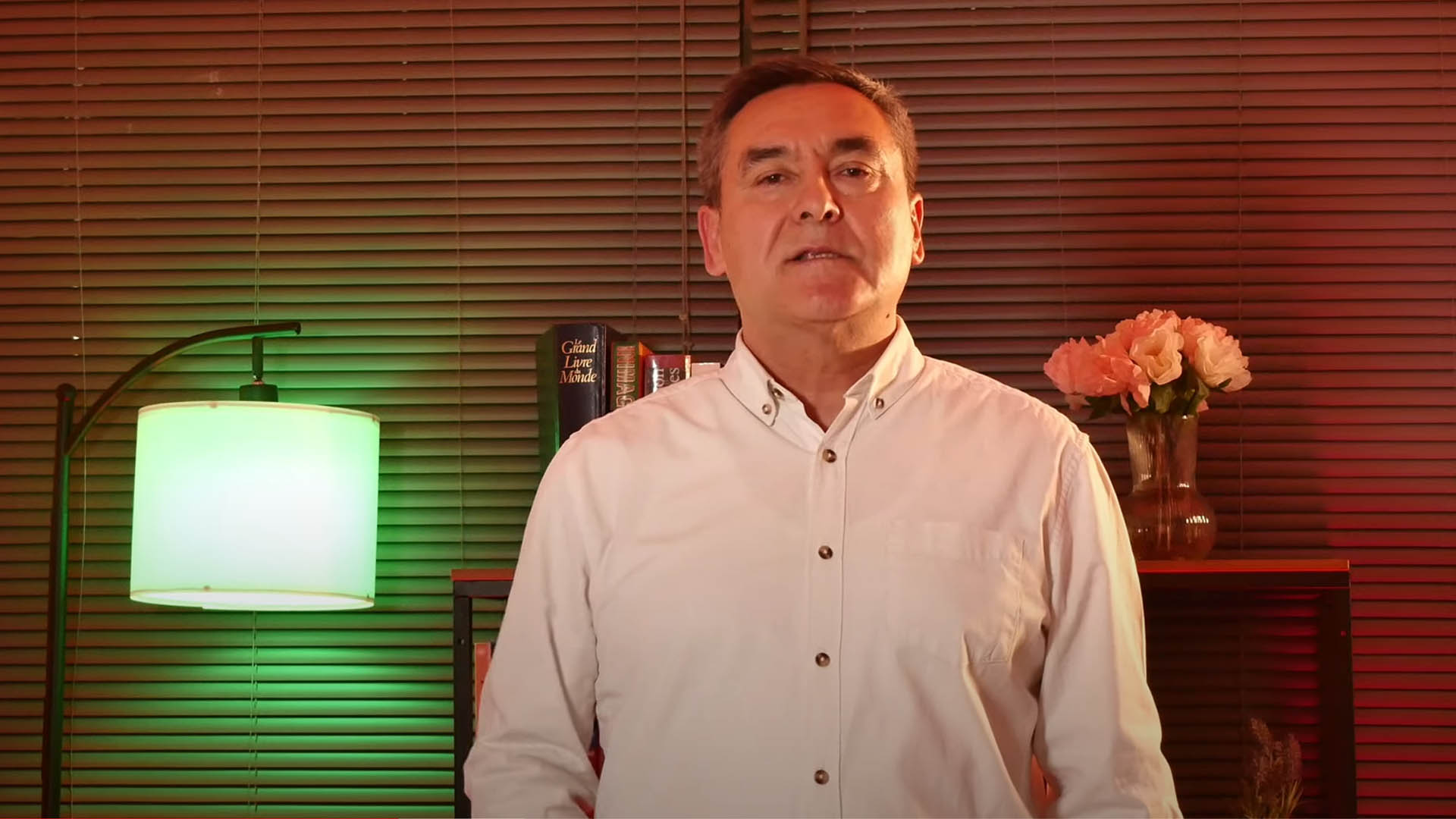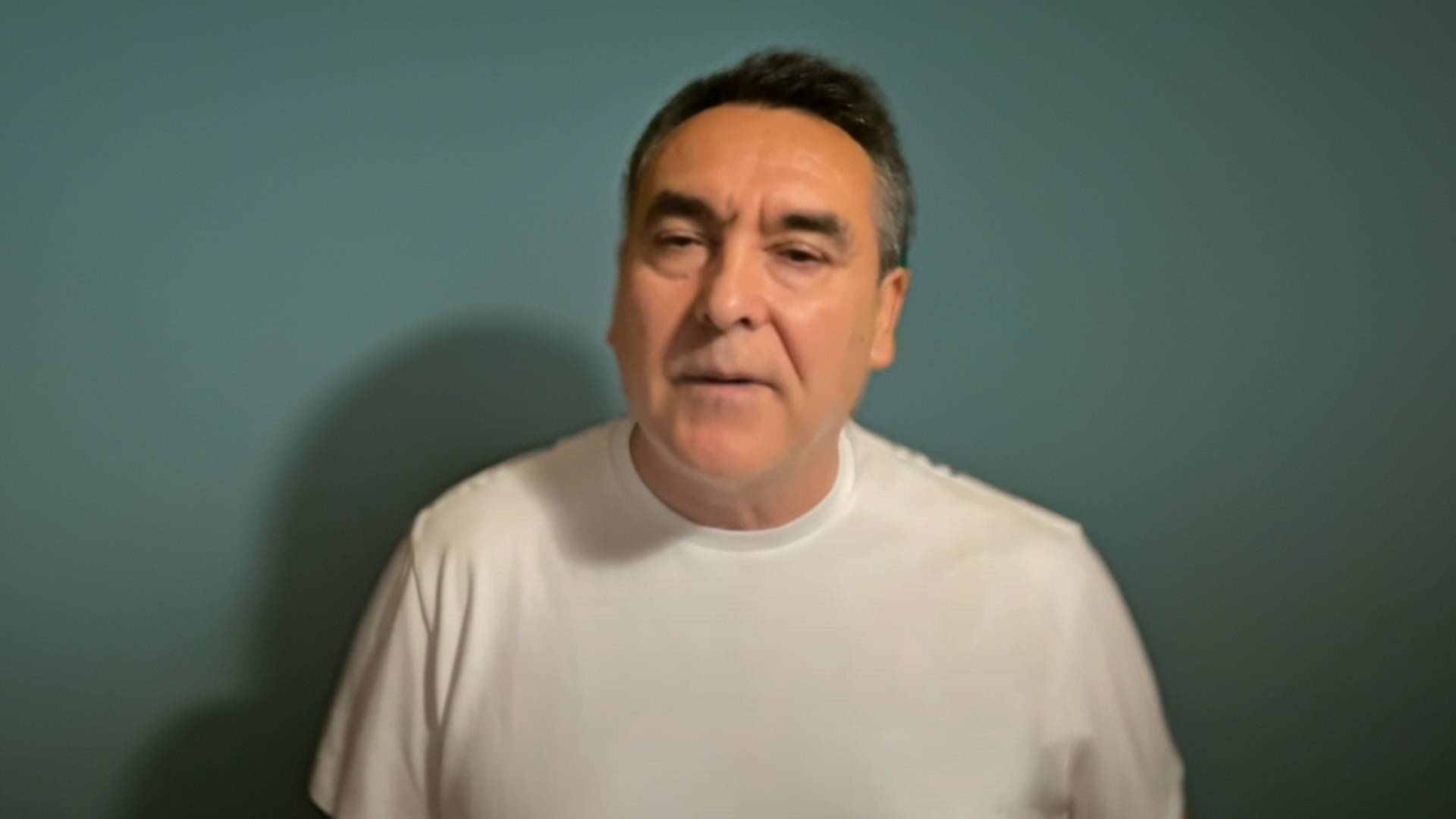The journalists of the publication “Present Time” published a video in which they explain in an accessible way what usually happens to countries after the “departure” of authoritarian leaders.
Not only monarchs can rule a country until death. In the USSR it was called “die in office” – it happened, for example, with Lenin, Stalin, Brezhnev, Andropov, and Chernenko. In recent history, this has also happened – just remember the death of Saparmurat Niyazov in Turkmenistan and the passing away of Islam Karimov in Uzbekistan.
The latter led independent Uzbekistan for 25 years from the country’s independence in 1991 until his death on the day after Independence Day in 2016. At least, it is the second of September that official Tashkent calls the day of his death. But information about Karimov’s death began to spread earlier, a few days before the official announcement.
“Karimov’s death was unexpected for us because Karimov’s health at the time he died was normal. In any case, there were no alarming signals about his health,” Uzbek dissident Muhammad Salih recalled.
In late August 2016, the website of the opposition Erk party received unexpected news that Karimov was seriously ill and possibly even dead. And on the third day of the independence holiday, a congratulatory message was read on Karimov’s behalf.
The death of Saparmurat Niyazov, who had managed to secure the title of president of Turkmenistan for life and head of the Turkmen people Turkmenbashi, was also kept secret.
“Niyazov had been seriously ill in recent years. He had severe diabetes and very high blood pressure, even though he was treated by German doctors – they specially flew in, did examinations, and gave their recommendations. But Niyazov, frankly speaking, violated these recommendations. He liked to eat, as they say, what was bad for him. He liked to drink cognac. And all this, of course, aggravated his state of health,” said Turkmen dissident Nurmuhammed Khanamov.
In the Soviet Union’s experience, when general secretaries died, music always accompanied the mourning. In Turkmenistan, music was broadcast instead of news, and sometime later it was announced that the president had died.
On 21 December 2006, Turkmenistan’s TV screens also showed a portrait of Niyazov with sad piano music by a famous Turkmen classical composer playing in the background – an analog of Swan Lake on Soviet television.
Music instead of news, congratulations from the supposedly healthy president – why all this? The point is that dictatorships very rarely have a clear algorithm of action in case of the death of the head of state. That is, nominally, of course, everything is there – the procedures may even be enshrined in the Constitution, but in practice they are not followed.
Man number 2.
At the heart of dictatorship and authoritarianism is the idea that, apart from the current leader, no one can cope with the heavy burden of supreme power. In their lifetime, many dictators try to get rid of any rivals. But there are always potential successors in the political establishment. However, these are not always the people to whom the duties of the head of state should pass according to the law. For example, in Turkmenistan, in the case of Niyazov’s death, the head of parliament Ovezgeldy Ataev was supposed to fulfill his duties. Instead, power passed into the hands of Gurbanguly Berdimuhamedov, who at that time had already been Deputy Prime Minister for 6 years.
“The chairman of the parliament was quickly reminded of his old deeds and put him behind bars. And Gurbanguly Berdimuhamedov – he was assisted in this case by the head of the Presidential Guard, Recepov – quickly brought up his old problems. The case against Ataev had previously been closed. But they took advantage of this case, raised the issue again, accused Atayev, and immediately put him behind bars. And this opened the way for Berdymukhamedov. So, you could say, a coup d’état,” Nurmuhammed Khanamov shared his memories.
Atayev was sent to prison in December 2006, and nothing has been known about him since. Turkmenistan’s Foreign Ministry said in 2012 that Ataev had been released, but we cannot confirm this information from independent sources or at least confirm that the politician is alive.
In Uzbekistan, the transition of power after the dictator’s death was much calmer.
“Nigmatulla Yuldashev was the chairman of the parliament and he refused his mission prescribed to him by the Constitution of the Republic, according to which he was supposed to take the post of president of the Republic of Uzbekistan. He refused. He said that he did not know state affairs, was not engaged in active politics, or some other nonsense he uttered and gave the seat to Prime Minister Shavkat Mirziyoyev,” Muhammad Salih says.
So, the mechanism that determines the change of power when the president dies fails. The dictator is dead, and the speaker of parliament is not fulfilling his duties. In theory, there comes a time when the opposition can come out with its alternative single candidate. By the way, where is the opposition at this time?
“The opposition had no possibility of coming to power at the time of Karimov’s death. By then, during the 27 years of Karimov’s rule, all existing opposition structures had been paralyzed by repression and state terror. Completely. Imprisoned. Destroyed. Expelled out of the country,” said Muhammad Salih.
As in the case of Uzbekistan, the Turkmen opposition was persecuted and all its active members were either already behind bars or forced to leave the country by the time of Saparmurat Niyazov’s death, Nurmuhammed Khanamov explained.
“We started to act, to put forward that the opposition is also ready to participate in the presidential election. We held events here. International human rights organizations helped us with this. Then we came out with this issue to the European Union. Europe says that the European Union and European parliamentarians should support us as the opposition and at the same time be guarantors because both Orazov and I were falsely accused in 2002 of attempted coup d’état and attempt on Niyazov, which was fabricated by Niyazov and were sentenced to life imprisonment. So if we had returned to the republic, running for the presidential election in Turkmenistan, we would have been put behind bars immediately, according to the fact that we were convicted”.
So, there is no alternative to the government’s candidate. The only question is: who exactly is this single candidate of power?
By the time of Karimov’s death, Shavkat Mirziyoyev had already been prime minister of Uzbekistan for 13 years. But while Karimov was alive, he was not the only potential successor. There was, for example, Deputy Prime Minister Rustam Azimov (an Oxford graduate who oversaw foreign economic and investment issues) and the head of the State Security Service, Rustam Inoyatov. They were often talked about as the main three contenders. But when Karimov did die, we did not see any struggle between them, at least outwardly.
Muhammad Salih believes that by the time of Karimov’s death, Tashkent had already drawn up a scenario of what would happen next:
“The script was already written and the roles were assigned. And everyone played their assigned roles. Everyone played. And Nigmatulla Yuldashev immediately, from the first day and the first step, read the text we gave him verbatim. He did not go beyond this text. Neither Rustam Azimov nor others who were supposed to be possible candidates – there were no possible candidates. The candidate was determined long before Karimov’s death. I think so.”
The situation in Turkmenistan has been more confusing, and Berdymukhamedov’s rise to power is less obvious. Experts say he was just very lucky.
“Practically until Niyazov’s death, Berdymukhamedov was in the shadows. Even recently, if Niyazov hadn’t died, I don’t know whether he would have kept his post of deputy prime minister or not, it’s unknown. Because recently Niyazov criticized him a lot. And everyone thought that his fate was about to be decided. But it turned out that everything turned the other way round. Niyazov died, and Berdymukhamedov took advantage of it,” Khanamov explained.
Niyazov cleaned up his entire entourage, removing potential rivals. So the balance of power in the political elite was always changing.
“There were strong contenders there before Berdymukhamedov. First of all, Recep Saparov. It was very close to Niyazov. And the second was Yolli Kurbanmuradov. But it turned out very favorable for Berdymukhamedov that literally in the last years of Niyazov’s life, both of them were condemned and imprisoned. So the road was opened for Berdymukhamedov,” Khanamov added.
So the dictator is dead. There is a new favorite – the future president. The only thing left to do is to bury the old dictator and hold elections with a known outcome. In this case, both are formal ceremonies.
Since Soviet times, an important pattern has been traced: after the death of the leader, the new favorite takes the ceremonial position of head of the funeral commission.
When Lenin died, the chairman of the commission at his funeral was Stalin. It was he who later rose to the helm of the Communist Party and the entire USSR – although not immediately, but after eliminating several competitors in the political struggle that developed after the funeral.
The commission to organize Stalin’s funeral was chaired by Khrushchev, who, incidentally, was removed from office during his lifetime. But Brezhnev, who succeeded him, died in office again, and the tradition continued: Brezhnev was buried by Andropov, Andropov by Chernenko, and Chernenko was escorted to his final resting place by Mikhail Gorbachev, the last president of the USSR.
Turkmenistan decided to keep the tradition of funerals – the Soviet scenario came in handy after Niyazov’s death. Gurbanguly Berdymukhamedov was known in the country, but it would have been very dangerous to position himself as a possible successor when the dictator was alive. Having headed the funeral commission, it was possible to give the necessary signal at once, as Stalin, Khrushchev, and Andropov had given it earlier.
A little later, when Islam Karimov died, in Uzbekistan Shavkat Mirziyoyev also headed the funeral commission and became the next president. The general public was given an unequivocal message: we have already decided here – here is the person who will govern next. And who else? Especially since some changes seem to be coming.
“In Turkmenistan, if you remember, Niyazov almost destroyed the entire education system – both secondary education (schools) and universities. Can you imagine a two-year university or a medical institute where you study for seven years, then two years of internship – and only after that you can get a diploma? And he reduces it all to two years,” Nurmukhammed Khanamov said and continued:
“He reduced eleven years to nine years and removed many core subjects, and one of the core subjects was Ruhnama – his work. The first thing is the education system. Second, he deprived pensioners of their pensions. It is customary among Turkmen that children should worry about old people, they should support old people. Also such paradoxes as changing the names of months, and days of the week. All this when Berdymukhamedov became president – I do not say “became” by accident, he was not elected, but he became – of course, he took such first steps that we did not even criticize him in the first year, even though we knew how he got to this chair. He restored pensions, he started to change the education system, the names of months, and days of the week. These were his first steps – we believed that he could be a reformer in the country”.
Turkmenistan under Niyazov and Berdymukhamedov, like Uzbekistan under Karimov and Mirziyoyev, are very different in appearance. But practice shows that these bright, visible transformations – “reforms for the show” – practically do not touch the political system in the country.
“Not only the regime has not changed – the main cadres have not changed they have also remained the same. I’m sure that today’s politics still feels like that departed Kagabeshnik, General Ruslan Inoyatov. His policy continues in Uzbekistan, although he is not visible, he is not there, but his cadres, who are almost all connected with the KGB, FSB, with Moscow, are sitting in the special services. The law enforcement agencies must be completely cleansed of these old Soviet KGB officers. Then there can only be reform because the main obstacle to reform is this KGB system, the remnants of the Karimov regime,” Salih said and continued:
“After Mirziyoyev’s arrival, the first steps were made towards visible external liberalization of social and political life, especially in the economic sphere and in foreign policy. He opened the doors to Tajikistan and Kyrgyzstan and eased the customs system. The trade turnover between our brotherly countries had already been revitalized by that time, currency transactions were facilitated, people could change money wherever they wanted, and currency exchange offices were opened. This was such a retouching of the Karimov regime, but there was no full-scale political reform. And it is still not there – we have not waited for this reform,” said Muhammad Salih.
Both Berdymukhamedov and Mirziyoyev, by and large, still rely on the old state apparatus of their predecessors. Deputies, politicians, law enforcers – all work the same way. Therefore, after they arrived in the countries, not so much a new regime was established as a continuation of the old one, just Mirziyoyev, like Karimov, changed the Constitution to continue to rule after his legitimate second term. And Berdymukhamedov went even further – he made his son president.

